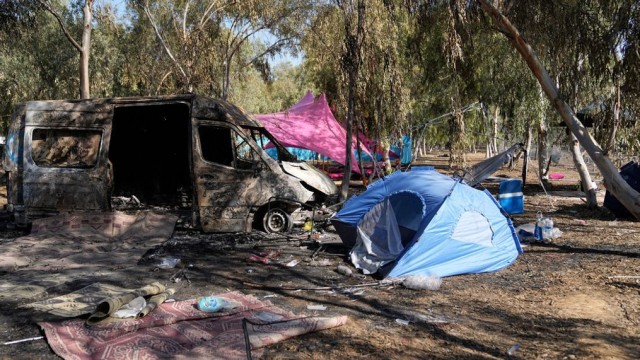Amidst escalating tensions, Hamas conducted a significant operation within Israel's territory on October 7, resulting in a devastating toll of 1,200 deaths and over 250 individuals being taken hostage. However, the aftermath of this operation was marred by disturbing allegations of sexual violence perpetrated by Hamas members during the Jhatika campaign.
Prompted by these grave accusations, the United Nations intervened, with Promila Patten, the agency's special representative on sexual violence in conflict-affected areas, leading the investigation. Patten and her expert team meticulously examined over 5,000 photographs and 50 hours of video footage, seeking to uncover the truth behind these allegations.
Their findings revealed chilling details of sexual violence allegedly occurring at least three locations—Nova Music Festival venue, Road to Thirty Two, and Kibbutz. The incidents described included rape, gang rape, and other atrocities, often culminating in murder. Despite the severity of these allegations, doubts regarding their veracity arose following a report by the Intercept News Organization.
The Intercept's investigation highlighted inconsistencies in a previous New York Times article from December, casting doubt on the accuracy of the claims made against Hamas. Specifically, discrepancies were noted in the cases of two young girls, aged 13 and 16, from Kibbutz Beiri, who were initially reported to have been sexually harassed but were later revealed to have been fatally shot. Additionally, the family of the third woman, Gal Abdoosh, mentioned in the report, refuted the allegations of sexual harassment.
The conflicting information has ignited controversy and raised questions about the reliability of the initial accusations. As tensions persist and the search for truth continues, it remains imperative to conduct further inquiries to ascertain the facts surrounding these serious allegations.





























Comment: